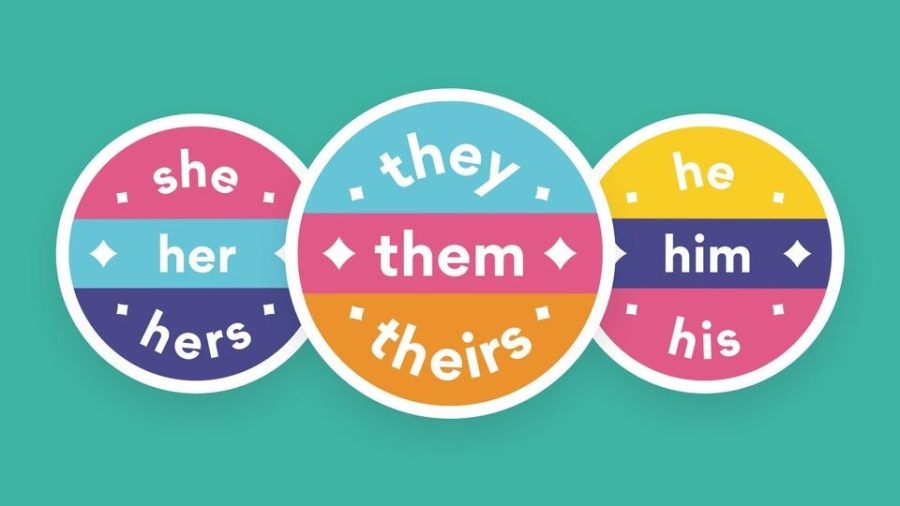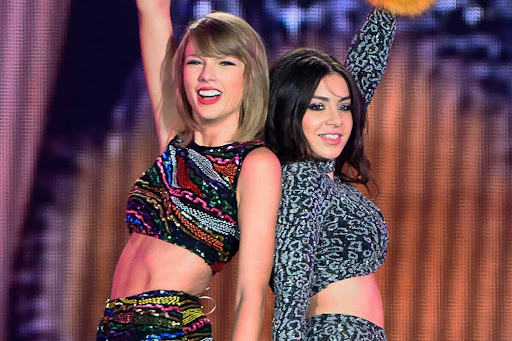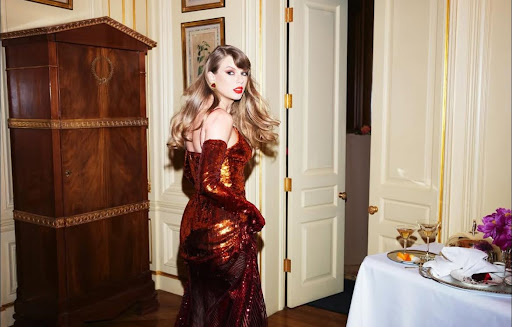Instagram bios, graphic sweatshirts, name tags, and Google Forms on the first day of school — these are all venues wherein one might present their personal pronouns in the modern-day. Before the 21st century, you were either a he or a she, depending on your gender at birth. However, today’s society is progressing towards the normalization of changing one’s personal pronouns.
For clarification, the LGBT Resource Center defines a gender-neutral pronoun as “a singular person who does not identify as she/her or he/him.” The words ‘they/them/theirs’ are often used as singular gender-neutral pronouns.
The history of how we got to this point is something that is less known. Interestingly, gender-neutral pronouns have been developing throughout history within the last 800 years. The pronoun ‘they’ was not used in reclaiming until the most recent century, yet was used to define a role of a person leading up to the current era. These gender-neutral pronouns have been used to elaborate on physical features of a single person, starting in about 1386. Well-known literary works such as Shakespeare’s Hamlet introduces the use of neutral pronouns to build off of someone’s personal role. In the 17th century, gender-neutral pronouns were also used to describe people by literary authors, such as Jane Austin in the novel Pride and Prejudice. In Pride and Prejudice, Austin uses the singular form of ‘they’ 75 times throughout the novel and refers to a childbirth with “they are unable to help it” to enforce gender neutrality. Skipping forward to the late 18th century, non-specific gender identification was addressed by using preferred male pronouns. Women were routinely embraced by the words mankind, man, and him/he. This was truly the beginning of real change for the LGBTQIA+ community and acceptance of gender identification beyond male and female.
In a recent psychological study, gender-neutral pronouns have been proven to release the strain of sexism in favoring men. While changing pronouns to a more gender-neutral stance and/or identifying in a more non-binary form is quite new to society, it continues to develop day by day. There is still lots of education to be done, acceptance to be reached, and equality to be granted by everyone, but kindness is something that will continue to cost nothing.
https://www.bbc.com/news/newsbeat-49754930







